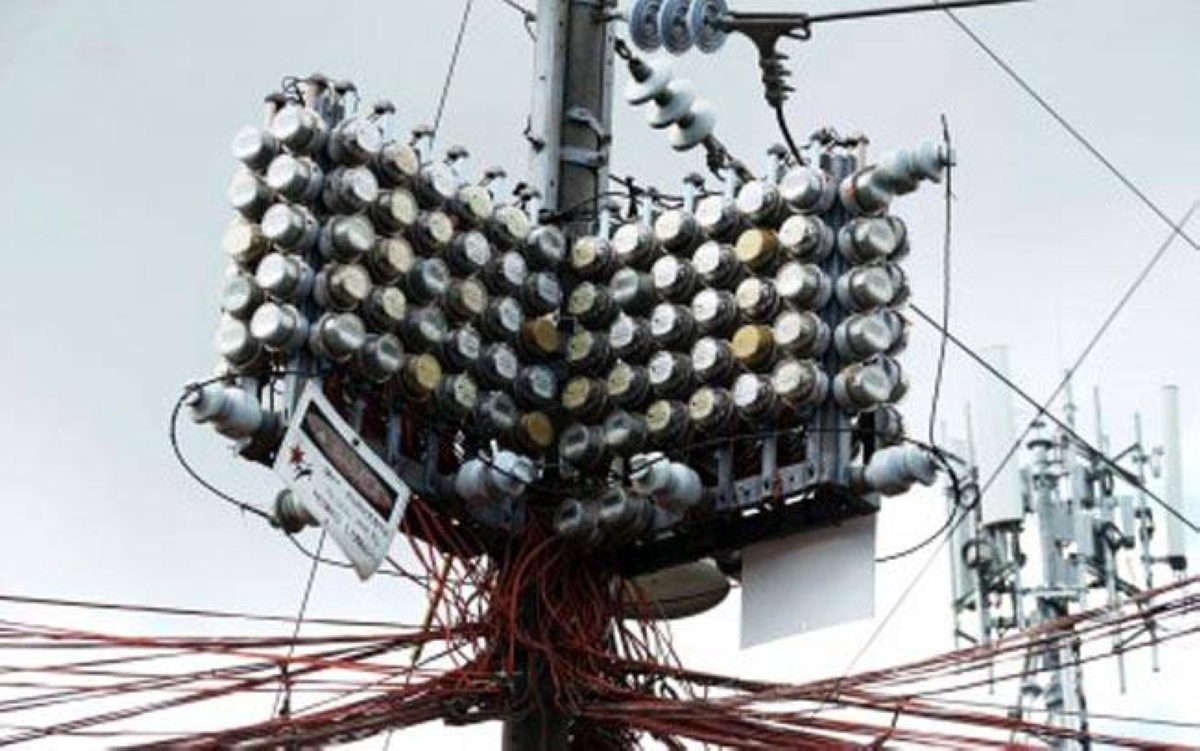A recent agreement between Aboitiz Power Corp., Meralco PowerGen Corp. (MGen), and San Miguel Global Power Holdings Corp. (SMGP) to construct the largest liquefied natural gas (LNG) facility in the country has raised concerns among consumer groups. While the partnership has been hailed as a significant step towards a cleaner energy future, the United Filipino Consumers and Commuters (UFCC) has expressed apprehension about the potential consequences for consumers.
UFCC President Rodolfo Javellana Jr. has warned that this venture could lead to higher electricity rates, benefiting the top energy companies involved in the project while monopolizing the LNG industry. Javellana believes that the consolidation of these oligarch companies aims to maximize their profits at the expense of approximately 8 million consumers who rely on their services. This consolidation, according to Javellana, effectively ensures that consumers will bear the brunt of continuous power rate increases.
In addition to the concerns about rising electricity rates, consumers may also face higher charges due to the increased use of LNG, which is generally more expensive than other fuels. Javellana has criticized the government for not prioritizing the welfare of consumers in this partnership. He claims that government agencies, which should act as checks and balances and defend Filipino consumers from constant price hikes, have been captured by regulatory capture.
Javellana’s concerns highlight the need for a comprehensive assessment of the impact of this partnership on consumers and the overall energy market. The potential consequences of higher power costs and a monopolized LNG industry could have far-reaching effects on the economy and the well-being of the Filipino population.
Moreover, Javellana has called for the repeal or amendment of the Epira law, which he believes is the root cause of high power costs in the country. This law, enacted in 2001, aimed to promote competition and ensure reliable and affordable electricity for consumers. However, Javellana argues that it has failed to deliver on these promises, leading to persistently high power rates that hinder the economic goals of the Marcos administration.
It is crucial for Congress and relevant government agencies to carefully consider the concerns raised by consumer groups like UFCC. A thorough evaluation of the potential impact on consumers, competition, and the energy market as a whole should be conducted. This evaluation should take into account international best practices, local laws, and customs to ensure a fair and transparent process.
In conclusion, the partnership between major energy players to build the largest LNG facility in the country has sparked concerns about the potential impact on power costs. Consumer groups, such as UFCC, argue that this venture could lead to higher electricity rates and the monopolization of the LNG industry, ultimately burdening consumers. The government is urged to address these concerns and prioritize the welfare of consumers by conducting a comprehensive evaluation and considering necessary amendments to existing laws.







